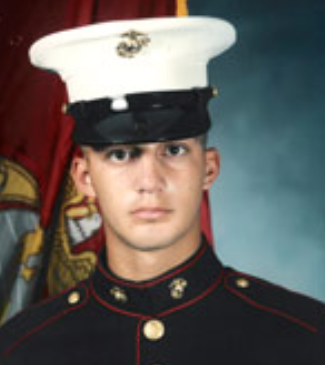
For the first time, the government is removing seven Americans from the no-fly list to comport with a federal judge's ruling that the methods to challenge placement on the watch list were "wholly ineffective."
Federal authorities notified the American Civil Liberties Union—which is representing 13 people who sued to get off the list—of its decision (PDF) late Friday. The government has until January to deal with the other six plaintiffs the ACLU is handling.
The government's actions are in response to a June decision by US District Judge Anna Brown of Oregon, who ruled that the Traveler Redress Inquiry Program run by the Department of Homeland Security was unconstitutional and does not provide "a meaningful mechanism for travelers who have been denied boarding to correct erroneous information in the government's terrorism databases."

“This is a victory for transparency and fairness over untenable government secrecy and stonewalling,” said Hina Shamsi, an ACLU lawyer on the case.
Federal agencies have nominated more than 1.5 million names to terrorist watch lists over the past five years alone. Yet being a terrorist isn't a condition of getting on a roster that, until now, has been virtually impossible to be removed from, according to a leaked US "Watchlisting Guidance" manual. Judge Brown's decision is expected to help others challenge their placement on the list.
The court ruling was the first time a judge declared the Travel Redress Inquiry Program unconstitutional. Under that redress program, the government responds to passengers with a letter that neither explains why they are on a watch list that usually bars them from flight nor says whether they've been removed from a watch list.
One of the seven ACLU clients who was notified that they were not on the list was Ibraheim Mashal, a Marine veteran and dog trainer of Illinois.
“More than four years ago, I was denied boarding at an airport, surrounded by TSA agents, and questioned by the FBI,” Mashal said in a statement. “That day, many freedoms that I took for granted were robbed from me. I was never told why this happened, whether I was officially on the list, or what I could do to get my freedoms back. Now, I can resume working for clients who are beyond driving distance. I can attend weddings, graduations, and funerals that were too far away to reach by car or train. I can travel with my family to Hawaii, Jamaica, or anywhere else on vacation."
reader comments
79